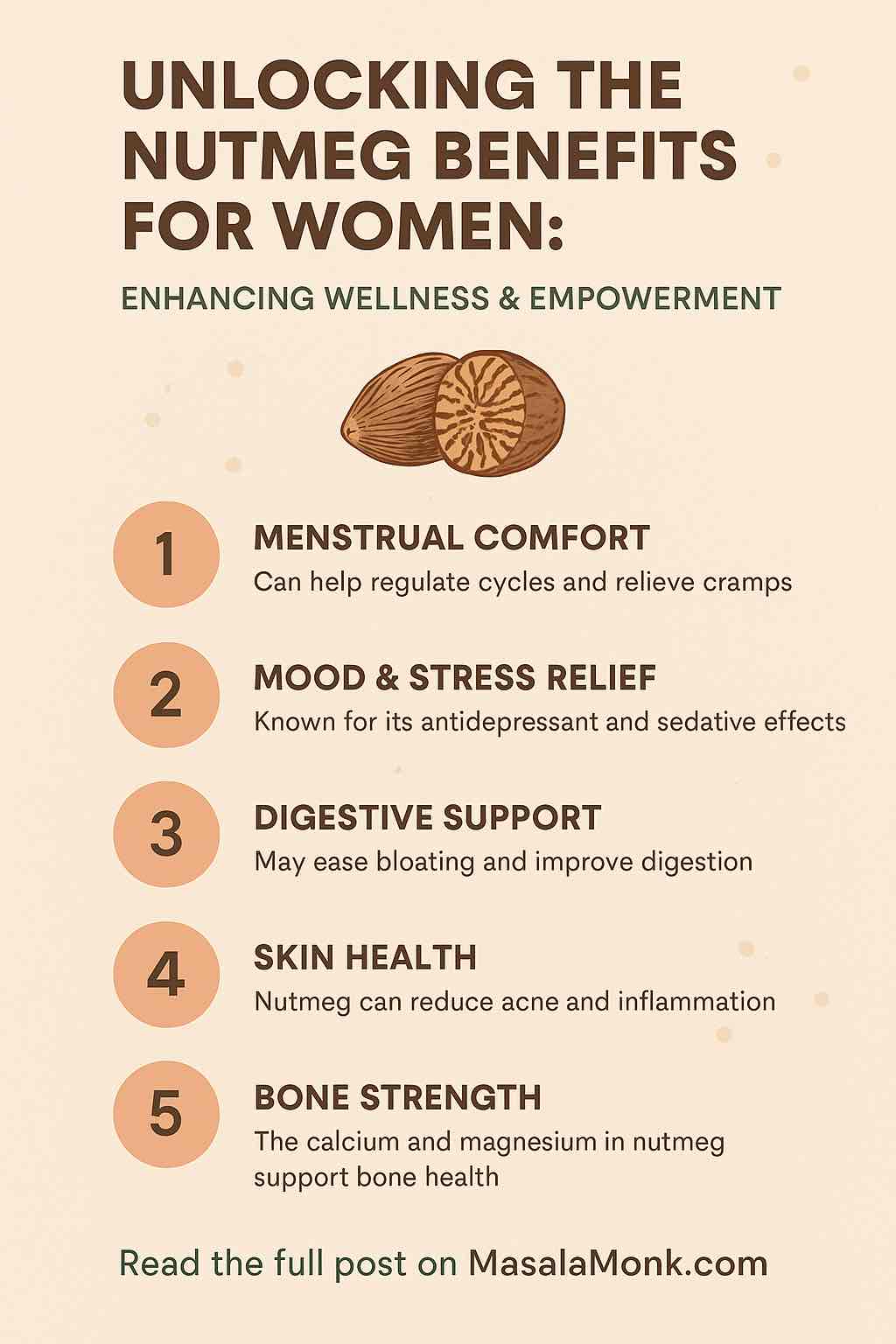
Weight loss is a journey, not a destination, and anyone who’s attempted it knows there’s no magic bullet. Yet, some humble kitchen ingredients keep popping up in both ancient wellness traditions and cutting-edge research. Among them, lemon and black pepper are gaining new attention as a powerful pair for those seeking healthy, sustainable weight loss.
But what does the science actually say? And how can you use these ingredients practically in your daily life? Let’s dive deep and get you the real answers, not just hype.
🍋 Why Lemon? More Than Just a Citrus Kick
Lemon is much more than a garnish for your water. Recent studies have uncovered that the secret lies not just in its juice, but in the powerful citrus polyphenols found in the peel and pulp. These compounds—especially hesperidin, naringenin, and eriocitrin—play a vital role in fat metabolism.
The Science:
- A June 2024 meta‑analysis of 13 human trials (covering over 900 people) found that regular intake of citrus extracts (including lemon) led to statistically significant reductions in weight, BMI, waist, and hip circumference—though the effects were modest (think a kilo or two over a month, not a miracle fix).
- Animal studies show that lemon polyphenols activate fat-burning pathways in the liver (notably the PPARα pathway) and help the body oxidize fat more efficiently.
- Lemons are loaded with vitamin C, which supports carnitine production—a molecule needed to transport fat into cells for burning during exercise.
Quick Win:
Drinking lemon water before meals can improve hydration, support digestion, and (if it replaces sugary drinks) reduce your overall calorie intake.
🌶️ Why Black Pepper? A Metabolic Multitasker
Don’t underestimate the humble black pepper shaker on your dining table. Its bioactive compound, piperine, is what gives it both heat and a reputation as a fat-loss ally.
The Science:
- Appetite suppression: A 2024 human study found that consuming a black pepper beverage before a meal reduced hunger and increased feelings of fullness by 15-17%—meaning you may eat less naturally.
- Fat metabolism: Animal research suggests that piperine inhibits new fat cell formation, supports lipid breakdown, and may even improve cholesterol profiles.
- Bioavailability booster: Piperine enhances the absorption of other nutrients (including some medications!), making it a synergist in herbal blends and recipes.
Quick Win:
Sprinkle freshly ground black pepper on your meals or add it to warm drinks to subtly increase satiety and metabolic response.
🧬 Lemon and Black Pepper Together: Fact or Fad?
So, does combining these two ingredients create a metabolic miracle? While no major human clinical trials have yet tested them as a duo, the mechanisms complement each other beautifully:
- Lemon’s polyphenols support fat burning and curb fat accumulation.
- Black pepper’s piperine increases thermogenesis and controls appetite.
In wellness circles, you’ll see lemon-pepper detox drinks, infused waters, and even supplement blends trending under hashtags like #lemonpepperweightloss. The logic is sound, and both ingredients are safe (in normal amounts) for most people.
🏆 How to Use Lemon and Black Pepper for Weight Loss: Step-by-Step
Ready to get practical? Here’s how you can incorporate this pair into your routine, with options for every lifestyle.
1. Lemon-Pepper Morning Elixir
Start your day with a hydrating, metabolism-boosting beverage.
- Recipe:
- 1 cup warm (not boiling) water
- Juice of ½ fresh lemon
- ¼ to ½ teaspoon freshly ground black pepper
- (Optional: ½ teaspoon grated ginger or a drizzle of raw honey)
How to Use:
Drink slowly before breakfast. Use a straw to protect your teeth from the acidity.
2. Lemon-Pepper Seasoning Blend
Perfect for sprinkling on salads, veggies, fish, or chicken.
- DIY Mix:
- Zest of one lemon (washed & dried)
- 2 tbsp cracked black pepper
- 1 tsp sea salt (optional)
Mix and store in an airtight jar. Adds flavor with virtually no calories!
3. Midday Lemon-Pepper Infused Water
Stay hydrated and ward off afternoon snack cravings.
- Slice half a lemon, add a pinch of pepper, and let steep in a water bottle.
4. Supplement Option
If you want something more potent, look for a reputable citrus polyphenol or lemon peel extract supplement. Always check for third-party testing and talk to your doctor if you’re on medication—piperine can alter how some drugs are absorbed.
📝 The Realistic Results: What to Expect
Let’s be clear: Lemon and black pepper are not fat-burning miracles. The weight loss observed in real clinical studies is modest (think 1–2 kg/month) and works best when these ingredients are part of a holistic plan:
- Consistent calorie control
- Regular physical activity
- Good sleep
- Stress management
Their true strength? Making healthy habits more enjoyable and easier to sustain.
🚩 Important Safety Notes
- Tooth care: Acidic drinks can erode enamel. Dilute your lemon juice, use a straw, and rinse with plain water.
- Sensitive stomachs: Both lemon and pepper can aggravate acid reflux or gastritis in some people.
- Medication interactions: Piperine can affect the absorption of certain drugs, including some antidepressants and blood thinners. Consult your healthcare provider if unsure.
- Allergy check: Rare, but always possible!
⭐️ 30-Day Lemon & Pepper Challenge (Sample Routine)
Want to give it a try? Here’s a realistic plan:
| Day | Morning | Meals | Evening |
|---|---|---|---|
| 1–30 | Lemon-pepper elixir | Add seasoning to lunch/dinner | Lemon-pepper infused water |
- Track your weight, waist circumference, and how you feel (energy, cravings).
- Combine with 20-30 min of daily movement.
- Adjust seasoning to your taste and tolerance.
💡 Final Thoughts
Lemon and black pepper offer a science-backed, low-risk, flavorful way to support your weight-loss journey. They won’t melt fat overnight, but they will help make healthy eating more delicious, keep your metabolism humming, and make drinking water far less boring.
As with all things, consistency beats intensity—let this dynamic duo be part of a wider commitment to wellness. And remember: the best diet is the one you can happily sustain.
Have you tried lemon and black pepper for weight loss? Share your experience or questions below!
10 FAQs on Lemon & Black Pepper for Weight Loss
1. Does lemon and black pepper really help with weight loss?
Yes, both have compounds (citrus polyphenols in lemon, piperine in black pepper) that may modestly boost fat burning, appetite control, and metabolism. But the effects are small and work best when paired with healthy eating and exercise.
2. How much weight can I realistically expect to lose?
Human studies suggest a modest loss—usually 1–2 kg (2–4 lbs) per month—when using citrus extracts, not just lemon water. Results depend on overall diet and lifestyle.
3. What’s the best way to use lemon and black pepper together?
Drink a lemon-pepper elixir (warm water, lemon juice, fresh ground black pepper) before meals and use the seasoning blend on foods like salads, veggies, or protein dishes.
4. Is it safe to drink lemon and black pepper daily?
Yes, for most healthy adults, daily use in moderation is safe. Use a straw to protect teeth from acidity, and adjust the pepper to your tolerance.
5. Can lemon and black pepper help with belly fat?
There’s no way to target belly fat specifically, but both ingredients may help reduce overall fat storage (including the abdomen) when used as part of a calorie-controlled diet.
6. Will drinking lemon-pepper water make me lose weight without diet or exercise?
No—these ingredients are not magic. They support, but do not replace, the need for balanced nutrition and activity.
7. Are there any side effects or risks?
Possible risks include tooth enamel erosion (from lemon acidity), stomach upset (from acid or pepper), and drug interactions (from piperine). Check with your doctor if you take medication or have digestive issues.
8. Can I use bottled lemon juice or ground pepper?
Fresh lemon juice and freshly ground black pepper provide the most active compounds. Bottled or pre-ground versions are less potent but can still be used in a pinch.
9. Is it better to use lemon peel or lemon juice?
The polyphenols linked to weight loss are most concentrated in the peel, but juice still offers benefits—mainly vitamin C and hydration. Consider zesting a washed lemon for extra effect.
10. Can I combine lemon and black pepper with other ingredients?
Absolutely! Ginger, honey, apple cider vinegar, and herbs like hibiscus or lemon verbena can complement the duo and provide extra health perks.













